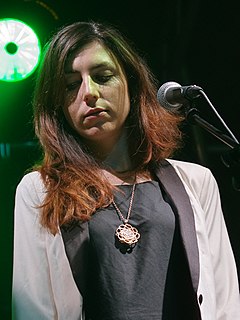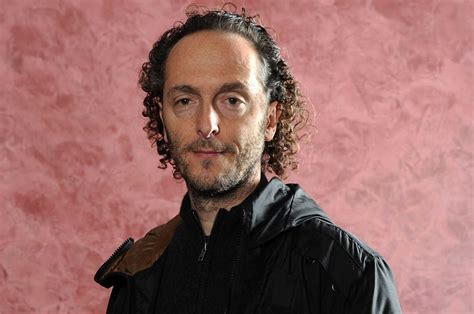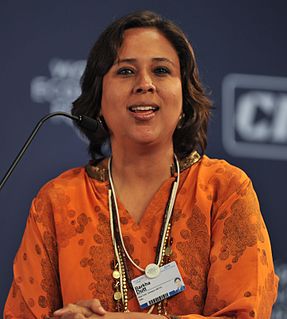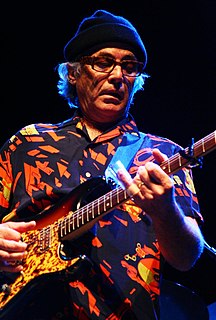A Quote by Julia Holter
Most records are usually not united by one specific story, but that seems to be something that I like and that I find easy to do.
Related Quotes
My favorite records are, like, The Pretty Things' 'Parachute' and 'S.F. Sorrow' and The Mothers of Invention's 'We're Only in It for the Money' and The Kinks' 'Village Green Preservation Society' - these records that have a story - even if it's not a literal story - because of how they're sequenced and flow. It's like a novel with sound.
We try to make each situation specific to the person. At the beginning of the season, we come up with, like, 50 to 100 ideas, which we workshop and then we call around to see who is interested in doing something like that. Once we find the people, we make the bid specific to them. A lot of it is about where you can get people to go physically, which is a little tricky because most actors and musicians are kind of hermits-they like to stay in their houses.
Someone who can search for something is happy. Searching gives a meaning to life. Nowadays it’s not so easy to find something you might be looking for. The most important thing, however, is the search itself, the way you take. It’s not so important where it leads. that’s why my characters are always looking for something, maybe only a cat, a sheep or a wife, but that is at least the beginning of a story.
One of the ways in which writers most show their inventiveness is in the things they tell us about how they write. Generally speaking, I don't like to make a plan before I've written a story. I find it kills the story - deadens it, makes it uninteresting. Unless I'm surprised by something in a story, the reader's not going to be surprised either.
It seems like journalism over here in UK, in general, is at a higher level: not overrun by all these teeny little blogs. There's more of a historical context for it or something. It seems like people review something or take a listen to something and they really do their homework. That's just what it seems like.




































